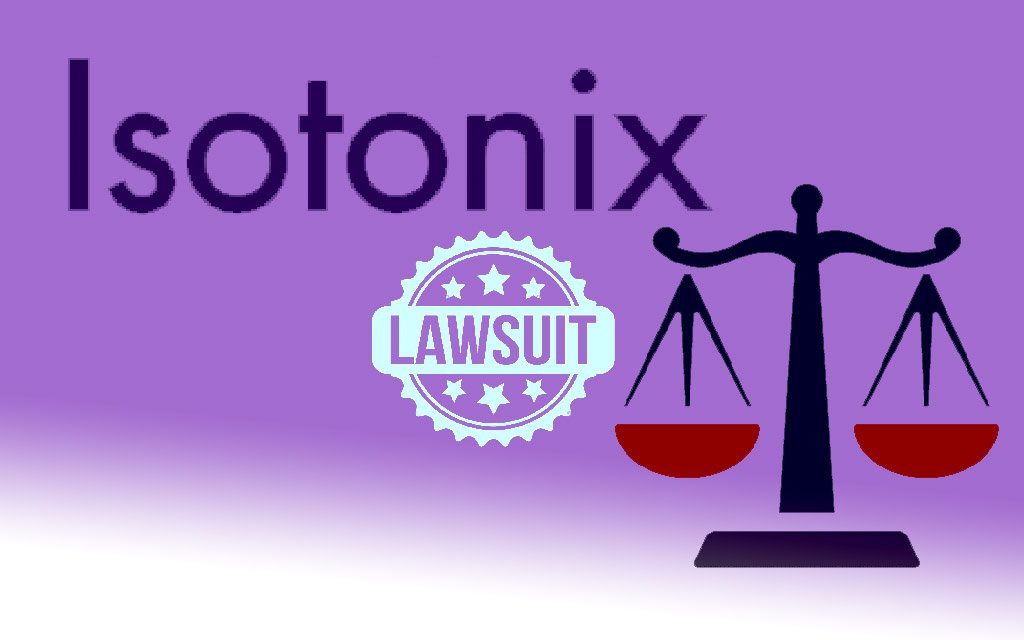In the field of technology and beyond, the Oracle case has been a hot issue. Oracle, one of the largest technology firms, improperly used personal information. The lawsuit claims Oracle tracked and sold user data without consent. This violation of privacy triggered a massive class-action case.
To settle the matter, Oracle agreed to pay $115 million. The case has increased awareness of digital privacy even though no crime has been committed. More significantly, it has raised several questions about how Internet businesses ought to manage personal information.
The Origins of the Oracle Lawsuit
The issues regarding Oracle’s data practices began in 2018 when privacy advocates accused the company of secretly forming “digital dossiers” about people. What does a digital dossier refer to? These are detailed profiles of individuals, including:
- Online browsing habits.
- In-store shopping behavior.
- Real-time geolocation data.
Oracle reportedly collected this information through its powerful marketing tools. These tools tracked users without their explicit knowledge or consent. Oracle then allegedly sold these insights to advertisers.
This led privacy watchdogs and consumers to take legal action. The plaintiffs argued that Oracle’s methods violated their right to control personal information.
What Did the Lawsuit Claim?
The lawsuit accused Oracle of creating a hidden network of data collection. It tracked individuals across websites, apps, and even physical locations. Users remained unaware that their private information was being monetized.
Key allegations included:
- Unconsented Data Collection: Oracle collected details without permission. This included sensitive behaviors like purchases and web searches.
- Profiling Individuals: Using this data, Oracle allegedly created detailed personal profiles.
- Selling Data for Profit: These dossiers were sold to third-party advertisers to fuel targeted marketing campaigns.
The lawsuit argued that Oracle prioritized profits over user privacy. It claimed these practices harmed consumers, exposing them to unwanted surveillance.
Oracle’s Response to the Allegations
Oracle strongly denied the allegations. The company claimed its actions complied with privacy laws. It argued that its tools were used responsibly and transparently.
Despite its defense, Oracle chose to settle. Large corporations often take this route to avoid lengthy court battles. Settling also reduces reputational damage and financial risks.
The $115 million settlement does not include an admission of guilt. Instead, it allows Oracle to resolve the lawsuit and move forward.
Key Settlement Terms Explained
The Oracle lawsuit settlement includes significant terms designed to address the concerns raised. Here’s what it entails:
1. $115 Million Settlement Fund
Oracle will pay $115 million to compensate affected individuals. This money will be distributed to eligible U.S. residents.
2. Changes to Data Collection
Oracle agreed to stop certain data tracking practices. It will no longer collect:
- Data from referrer websites.
- Information submitted on specific website forms.
These changes aim to improve transparency and limit unconsented data collection.
3. Privacy Audits
Oracle must implement an independent auditing process. These audits will review Oracle’s compliance with privacy regulations.
The company is supposed to be held to those privacy commitments in the future.
Who Is Eligible for Compensation?
Millions of Americans are affected by this settlement. Individuals may file a claim if they qualify under one of the following conditions:
- They have resided in the United States since August 19, 2018.
- Oracle allegedly gathered or sold their personal information during that period.
Eligible consumers were also advised to file claims before October 17, 2024. After the court approves it, then the settlement shall be distributed.
The amount will depend on the number of claims submitted. If many people file claims, individual payouts may be smaller.
Read also: Aurai LLC Lawsuit: Unraveling the Legal Battle Shaping the Tech Industry
Objections and Concerns Raised
Although the settlement marks progress, not everyone is satisfied. Some class members and advocates have raised objections. They believe the terms fail to fully address Oracle’s alleged actions.
Key concerns include:
- Settlement Size: Critics argue that $115 million is too small. They claim it does not adequately compensate affected consumers.
- Legal Fees: Plaintiffs’ lawyers requested $28.8 million in legal fees. This reduces the total compensation available for consumers.
- Lack of Accountability: Some believe Oracle’s actions deserve stricter penalties. They argue the settlement lets the company off too easily.
A final approval hearing will address these concerns. The court will decide whether the settlement is fair and reasonable.
Why the Oracle Lawsuit Matters
The Oracle lawsuit is more than a legal case. It signals a shift in how society views digital privacy. This case highlights three major lessons for consumers and companies alike:
1. Growing Consumer Awareness
Many people underestimate how companies collect and use their personal information. Cases like this bring hidden practices to light. They empower consumers to question how their data is handled.
2. Corporate Responsibility
Tech companies should be serious about users’ privacy. Oracle is a lesson to businesses. This case shows that ignoring such privacy issues may result in both financial losses and reputational damage.
3. Strengthening Privacy Protections
This lawsuit adds momentum to global privacy reforms. Governments are introducing stricter laws to protect consumers. Companies must adapt or face similar consequences.
What Happens Next?
The final approval hearing will take place on November 14, 2024. The court will review objections and decide on the settlement. If approved, Oracle will begin making payments to eligible individuals.
Affected consumers will receive compensation from the settlement fund. Oracle will also start implementing privacy changes and conducting audits.
Observers expect this case to influence how tech companies operate. Increased scrutiny on data privacy could force businesses to adopt stronger protections.
Lessons for Consumers and Businesses
The Oracle lawsuit offers important takeaways for everyone:
- Consumers: Pay attention to how companies collect your data. Opt out of tracking where possible. Protecting privacy starts with awareness.
- Businesses: Be transparent about data collection. Always obtain clear consent before tracking user information. Strong privacy policies build consumer trust.
Digital privacy can no longer be ignored; in fact, in today’s more “connected” society, it affects everyone.
Conclusion
The Oracle lawsuit and its $115 million settlement have shaken the tech industry. Oracle faced serious allegations of tracking and selling personal data without consent. The business decided to settle the matter even though it denies any wrongdoing.
This settlement sends a clear message—data privacy matters. Companies must handle personal information responsibly or face consequences.
The Oracle case emphasizes how crucial accountability and transparency are. Customers should be in charge of their personal information. This settlement pushes the conversation forward, reminding businesses to prioritize ethical practices. Digital privacy is everyone’s right. Moving forward, individuals and businesses must work together to protect it.


